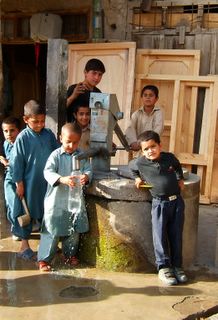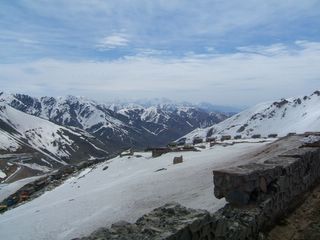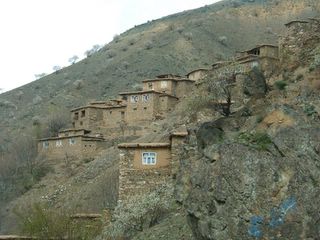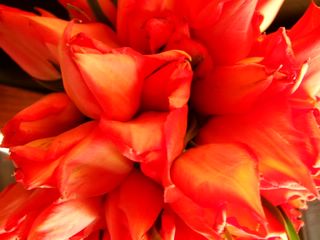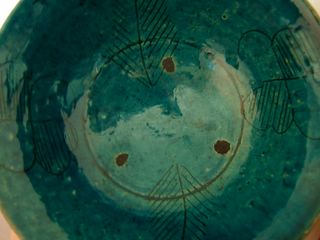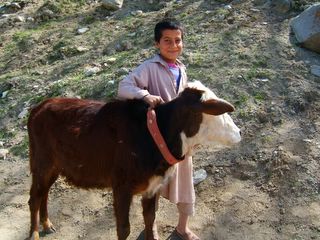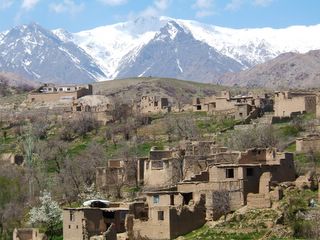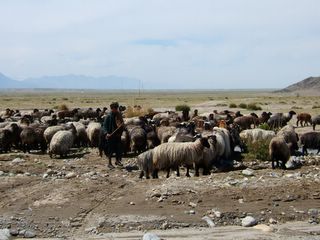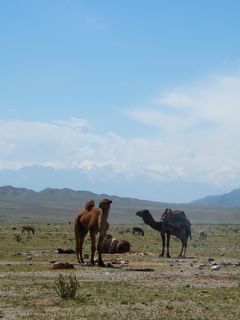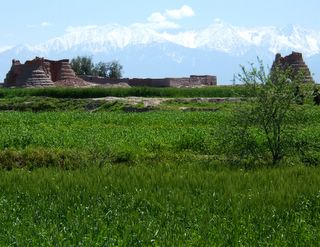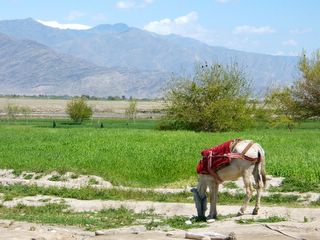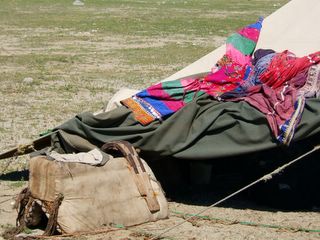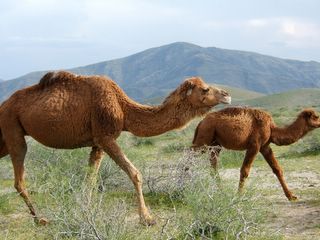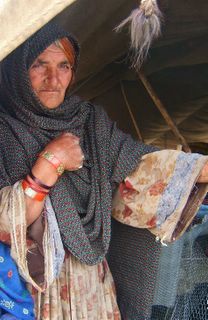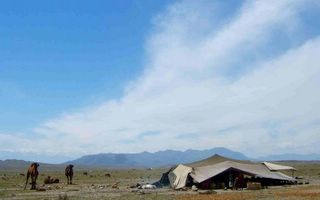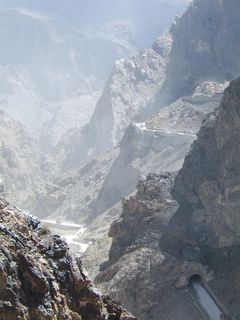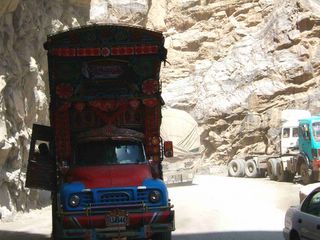Implosion
After a full day of training loan officers, I had been conscripted into emergency printing and collating for the next day’s board meeting. Staples were bending, the printer was two floors up and constantly running out of paper, and every 15 minutes a board member would pop his head into my bunker and ask if I was done yet.
So when an Afghan colleague offered to remove documents from the printer and collate them, I jumped at it. Forty minutes later, the guy “helping” me appeared at my desk with a stack of papers three inches high. Exasperated (must I do everything?), I began sorting through it and discovered, to my horror, stray and unlabeled budgets, missing appendices, half a document here, half there. Everything was mixed up. My dreams of leaving at a reasonable hour were dashed. Torn between the urge to burst into tears and the urge to leap over my desk and choke him, all I could do was make incoherent squeaking noises of despair.
The problem is that after 25 years of war and scraping to survive, office skills in Afghanistan are lacking. Really really basic office skills, like taking documents out of a printer without shuffling them into random patterns. If you think about it, why on earth would the average Afghan have office skills? I’ve heard this complaint echoed by many ex-pat managers, and of course the answer is intensive training and monitoring and all that good stuff. But I’m not the manager, have no right to tell anyone how to work, and am left to tear my hair out in silence.
Since my implosion, however, the guys in the office have been bending over backwards for me. I think they’re terrified. What scares me is I’m starting to enjoy it.

